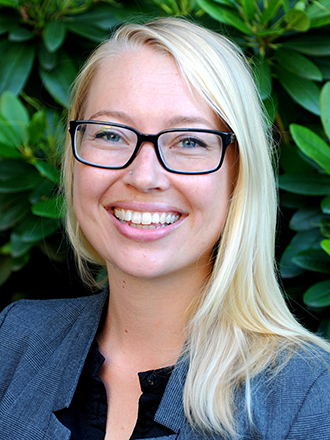
Eriksen is the first archaeologist in Norway who receives an ERC Starting Grant, and she was successful at the first attempt.
– The core question of the project is who and what was recognised as a person in the first millennium CE, and where the divisions between objects and persons run, Eriksen explains.
The team will be working on different work packages that all encircle questions of the body and politics:
- Children and childhood in the past, and the transition from nameless infant to social individual;
- Body concepts and idealized bodies in figurines and iconography.
- Sexuality in the past (for better or worse).
- Bodies who have not received a ‘normal’ burial, but were deposited piecemeal in settlements and wetlands.
- Concepts, words and expressions used for different groups of persons/non-persons in literature, poetry and other historical sources.
– A main objective of the project is to demonstrate that politics does not only happen in what we recognize as political arenas: battlefields, in the king’s retinue or at assembly sites. The body is also a political field. That means that the project will problematize and challenge difficult topics, such as sexual violence, unfree populations, ritual violence and exploitation, in a period that is frequently romanticized and has never seen more popular attention, says Eriksen.
BODY-POLITICS centres the body as a political field in Scandinavia in the Iron and Viking Ages. The project will run for five years, and Marianne will hire a team including two post docs, two PhD Fellows, and a research assistant. The project will also have an exceptional advisory board that will serve as an important network in coming years.
